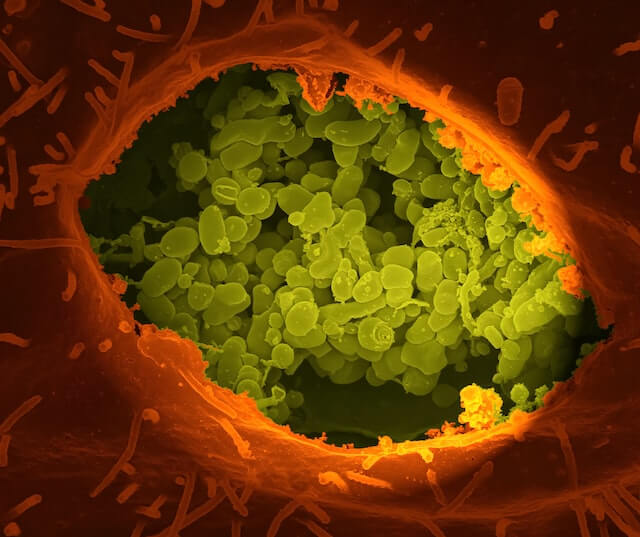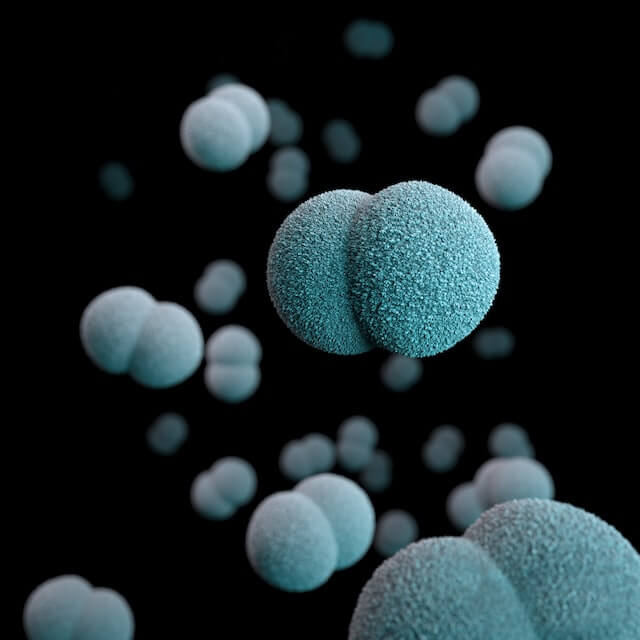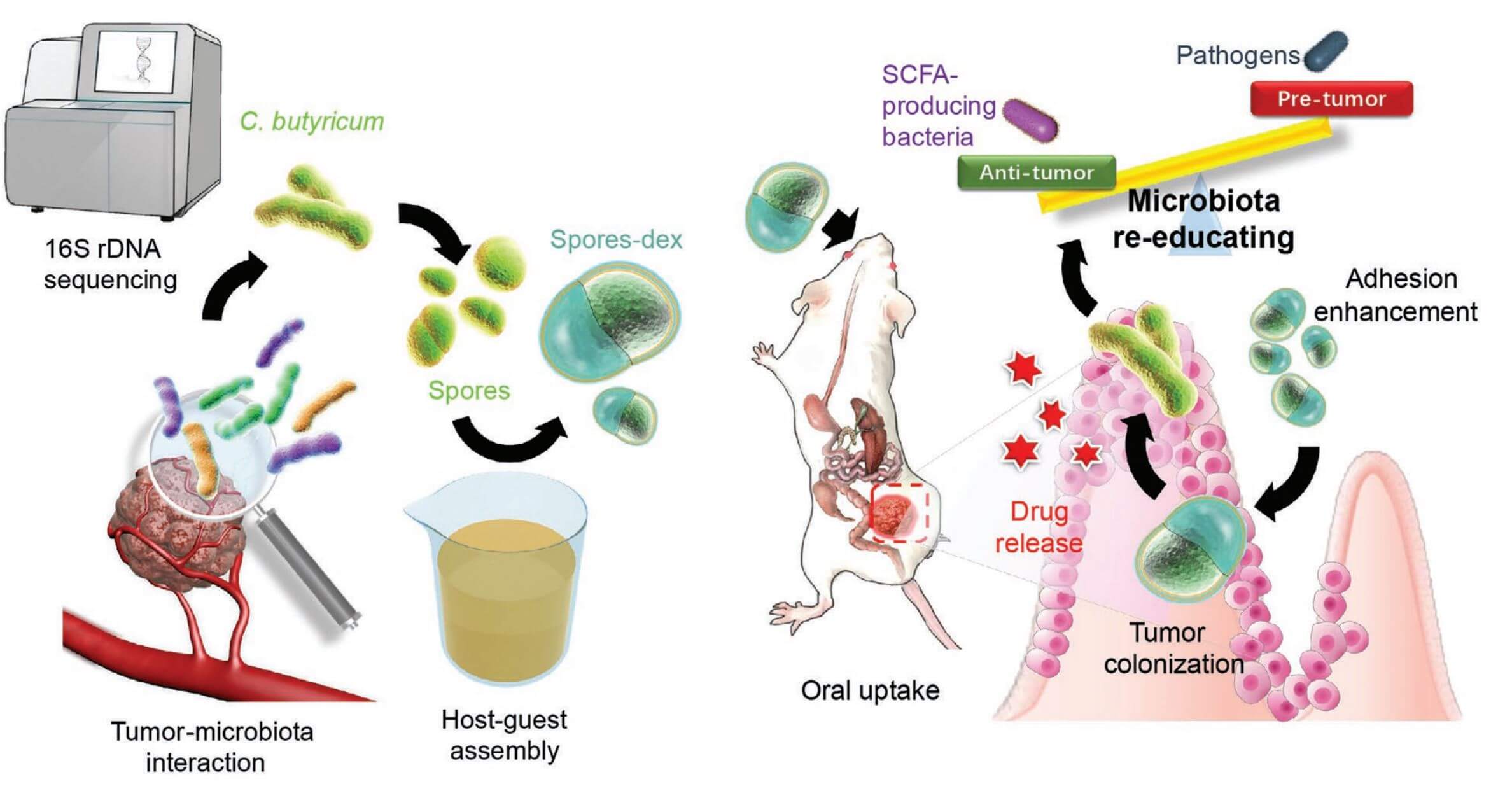this probiotic suppresses colon cancer cells
Our gut bacteria can help us fight colon cancer
With probiotics and prebiotics gaining interest in the world of human health, scientists are working towards creative and exciting ways of using probiotics.
The human digestive tract contains around 1014 bacteria, and they have crucial roles in human health and disease. Many scientists have been focusing on regulating the gut microbiota to treat diseases such as Inflammatory Bowel Disease (IBD) and colon cancer.

Here are some cool techniques that have been tried to treat colon cancer
- Use of viruses that specifically target bacteria (called phages) to eliminate certain harmful bacteria from the gut (in animal models)1
- Use of genetically engineered bacteria (in animal models)2
- Fecal microbiota transplant (FMT), in which the stool of a healthy human donor is transferred to a diseased human3, 4
However, there are some problems with this approach:
- Every microbiome is unique and is impossible to standardize it (for now)
- There can be harmful bacteria in the mixture
Some examples of probiotics with beneficial gut health properties
The use of probiotics is a good alternative as they have been considered safe for humans and can be standardized. For example:
- The probiotic bacteria Clostridium butyricum and Akkermansia municiphila can be administered to humans to digest polysaccharides (fermentation) and produce anti-inflammatory short-chain fatty acids (SCFAs)5, 6
- Other bacteria from the class Bacilli and Clostridia can inhibit certain harmful bacteria and protect intestinal health7
A big disadvantage of using probiotic bacteria is that it is difficult to produce sufficient health benefits on their own. A combination of probiotics and other strategies should be the way to move forward.

A New prebiotic and probiotic mixture that targets colon cancer cells
Researchers at Wuhan University (China) have created a symbiotic intending to treat colon cancer. This symbiotic includes chemically modified prebiotics that is used to feed probiotic bacteria.
They first analyzed the microbiota composition of tumors of colon cancer patients
They found out that many bacteria from the genus Clostridiaceae and Clostridium were present in these tumors. Because one of the widely commercially used probiotic bacteria is Clostridium butyricum, they chose this probiotic for targeting colon tumors.
This probiotic bacterium is even more special!
It can form spores, which are tiny parts of the bacterium very resistant to environmental factors and from which new bacteria can grow. The researchers used C. butyricum spores instead of the living bacteria to increase the chances of this bacteria surviving the harsh environment of the stomach and reaching the gut.
Researchers also added prebiotics to the mixture
To help the new bacteria that arise from the spores in the gut, researchers attached specific prebiotic fibers to the spores themselves (β-cyclodextrin and adamantine). These fibers also enhance the adhesion of the spores to the tumor cells.

These engineered spores produce SCFAs with anti-cancer properties
The spores were administered orally. Once the spores reach the anaerobic environment of the gut (low oxygen), the spores “revive”, use up the prebiotic food, and colonize the tumor tissue specifically. As a byproduct of using the prebiotic fibers, the bacteria produce SCFA, which has anti-cancer properties.
Anti-cancer drugs can also be attached to the spores
And what is even more interesting, scientists can also attach anti-cancer drugs to the spores! As a result, these spores can have even greater anti-cancer potential.
These spores can modulate the tumor-related microbiota
Researchers have found that these spores can also modulate the tumor-related microbiota towards a more anti-tumor type.
In conclusion, Zheng et al., have designed a new and exciting tool whereby probiotics can be used to target and inhibit cancer cells in the colon of mice. The use of probiotic spores is safe, thus enabling this therapeutic strategy to move rapidly forward to be used in clinical trials.
You can read the full article here.
If you like this content, you can subscribe to the newsletter list! Plenty of probiotic content is about to come...
Subscribe to our blog, get notified when we release a new post and receive a shopping list to heal your gut for free!